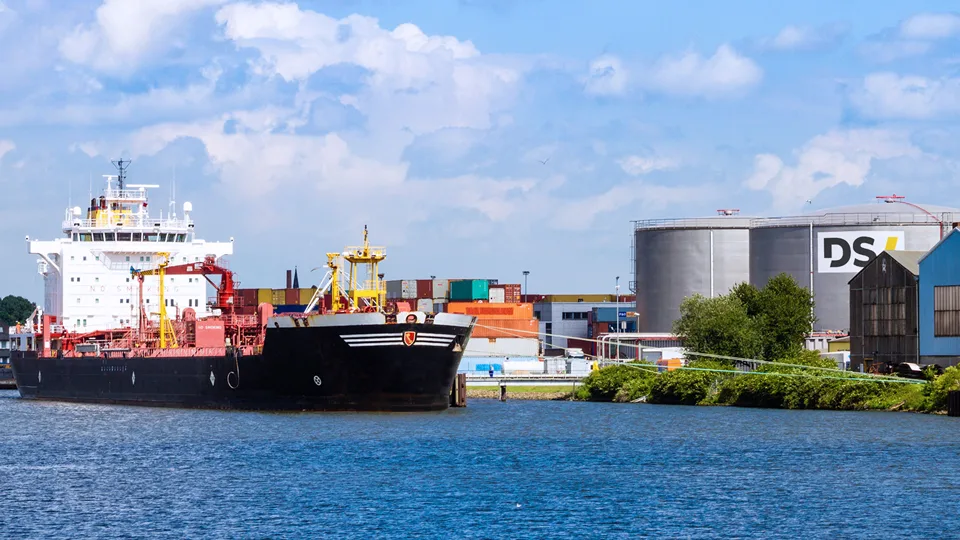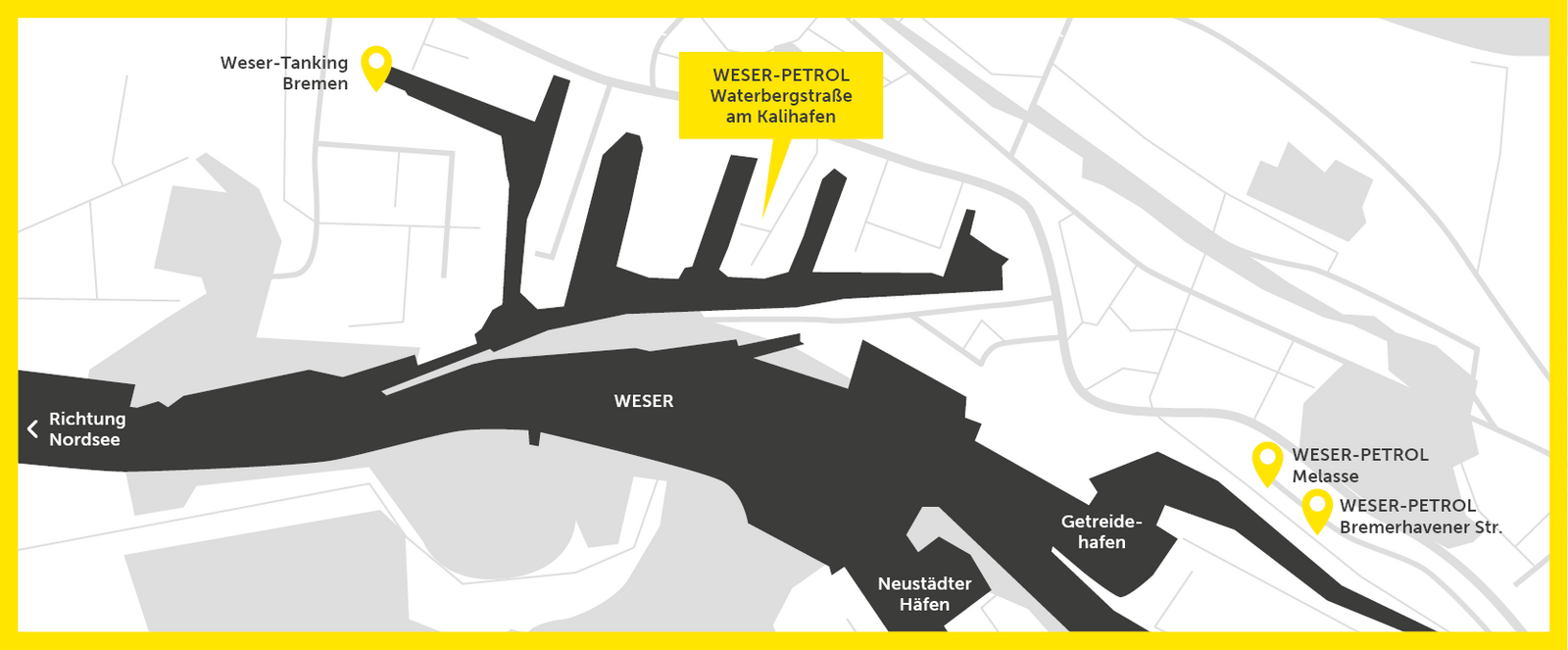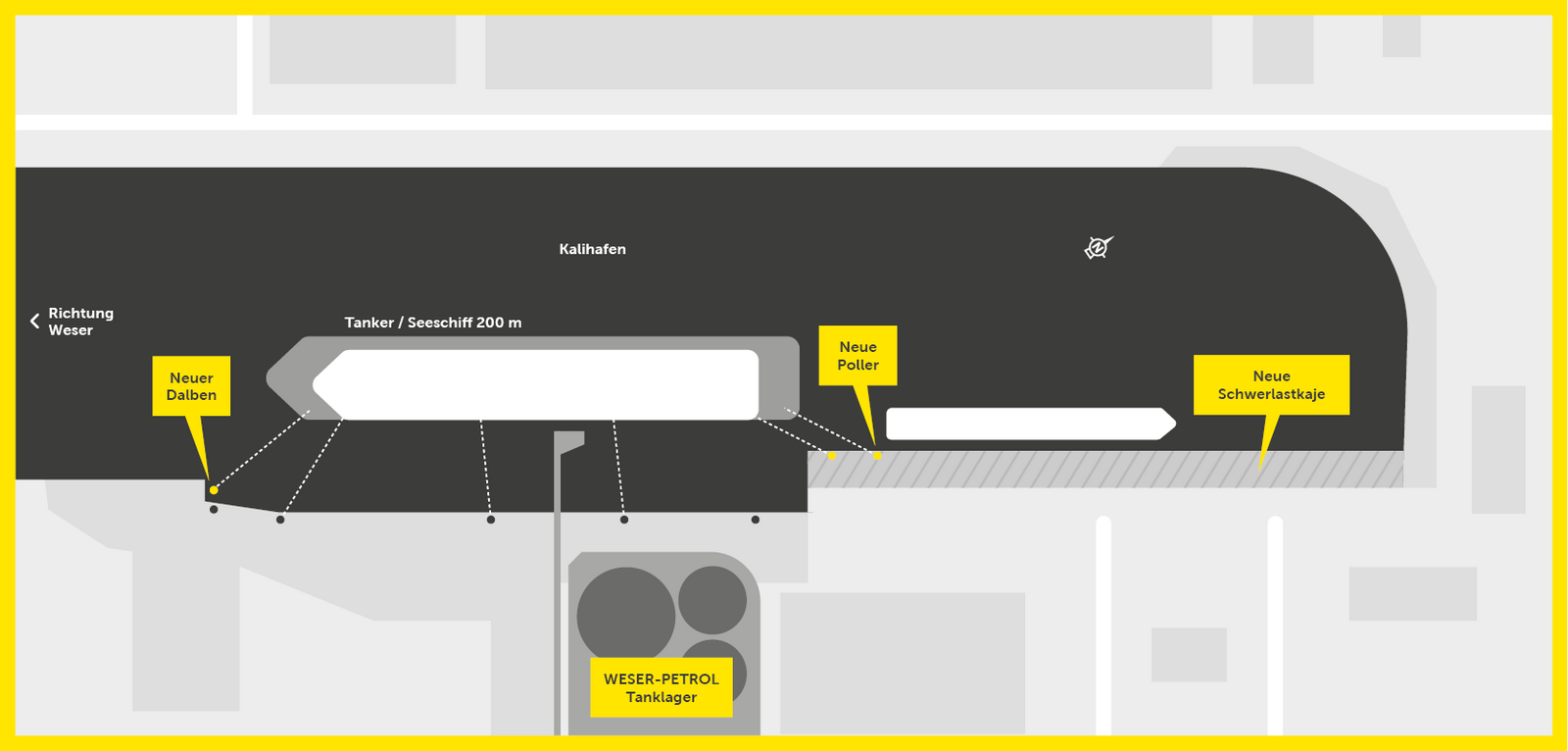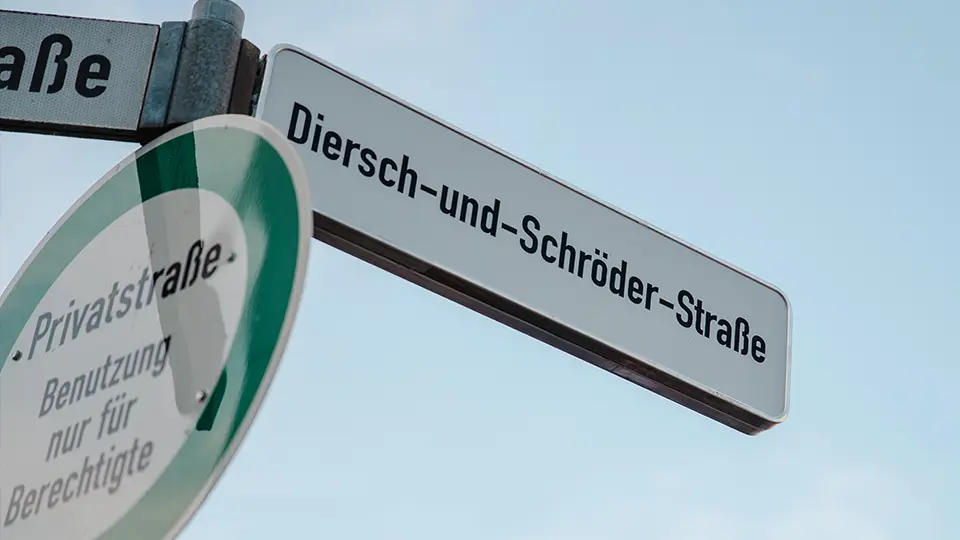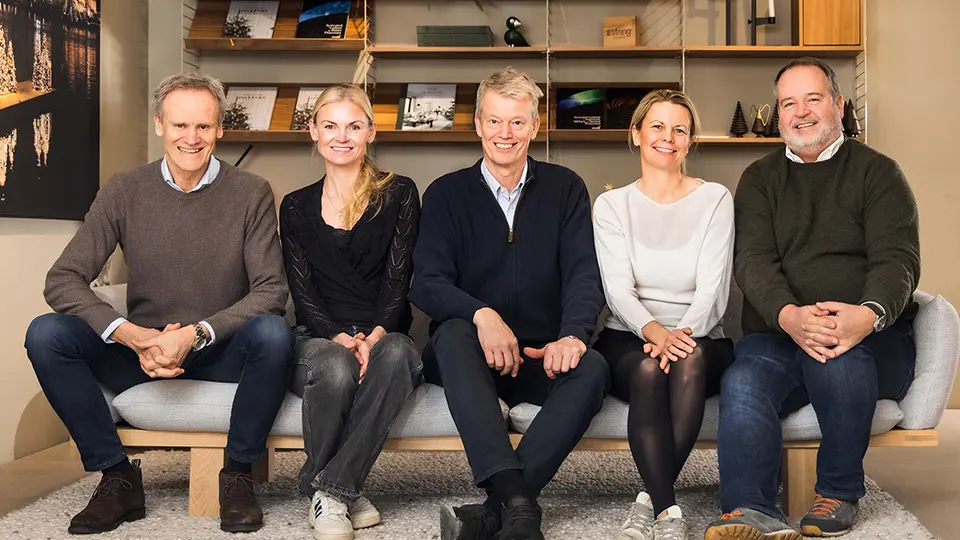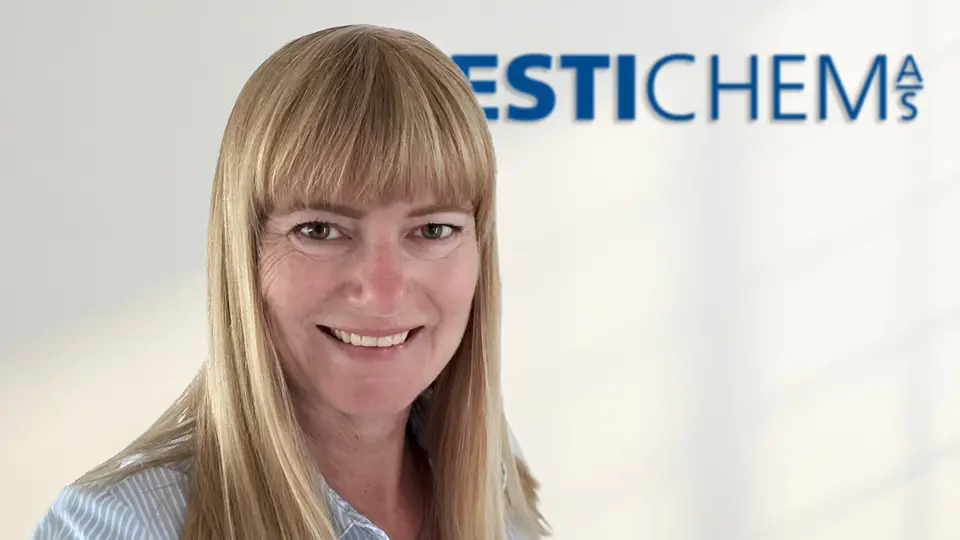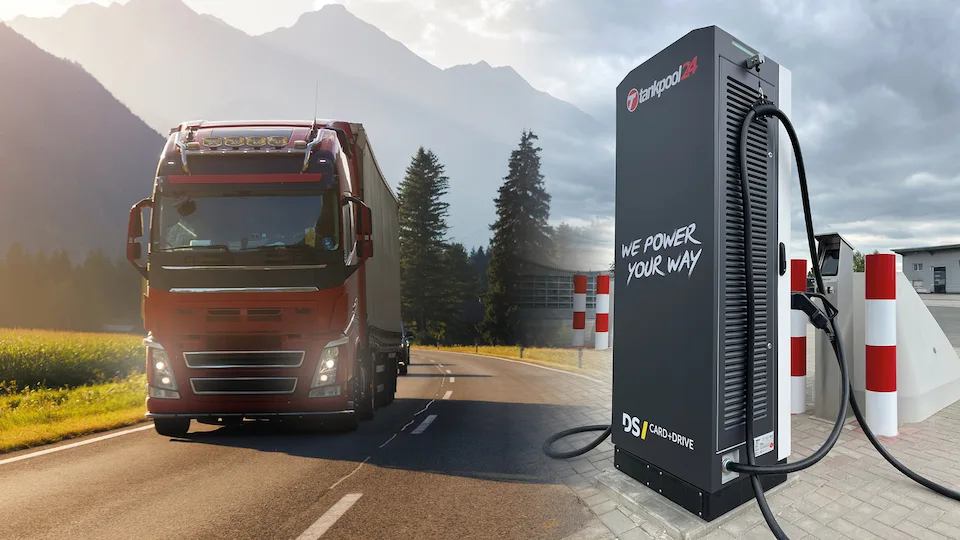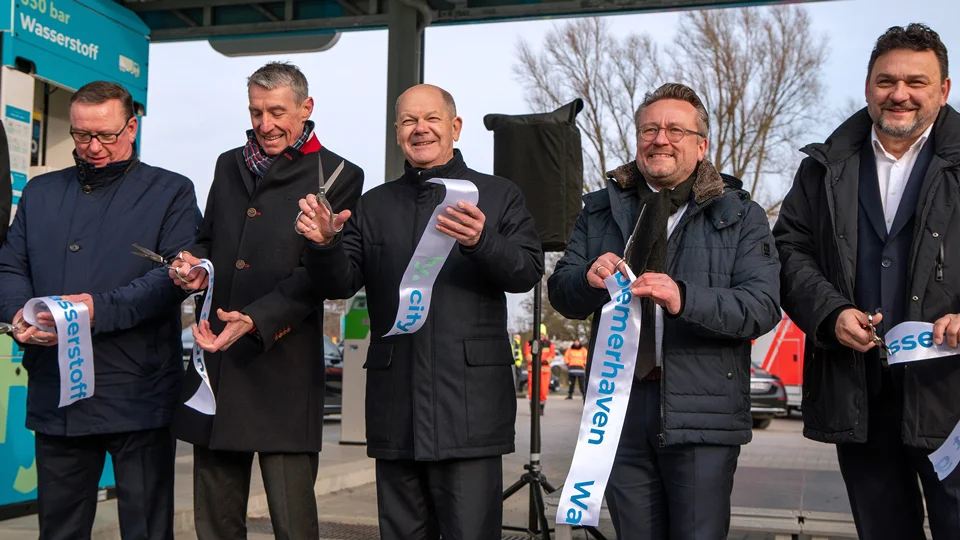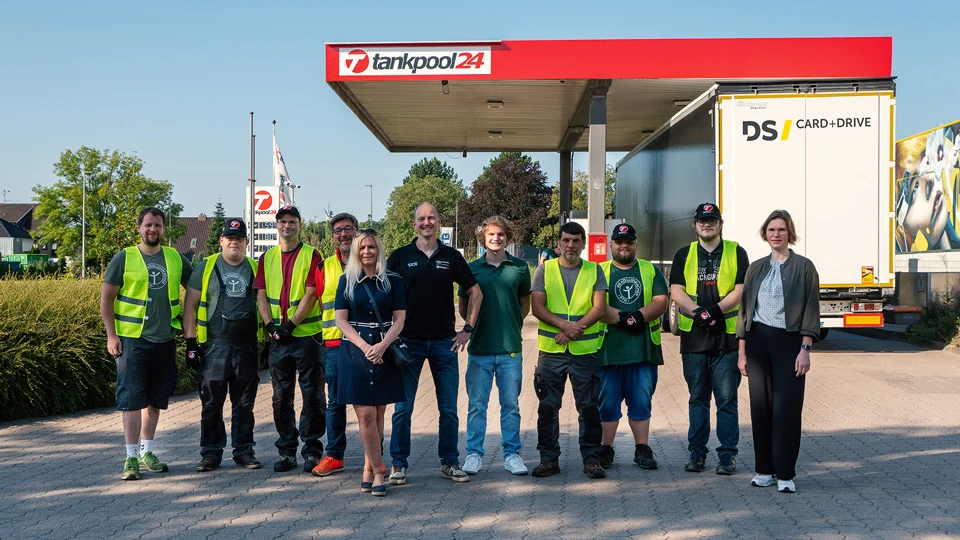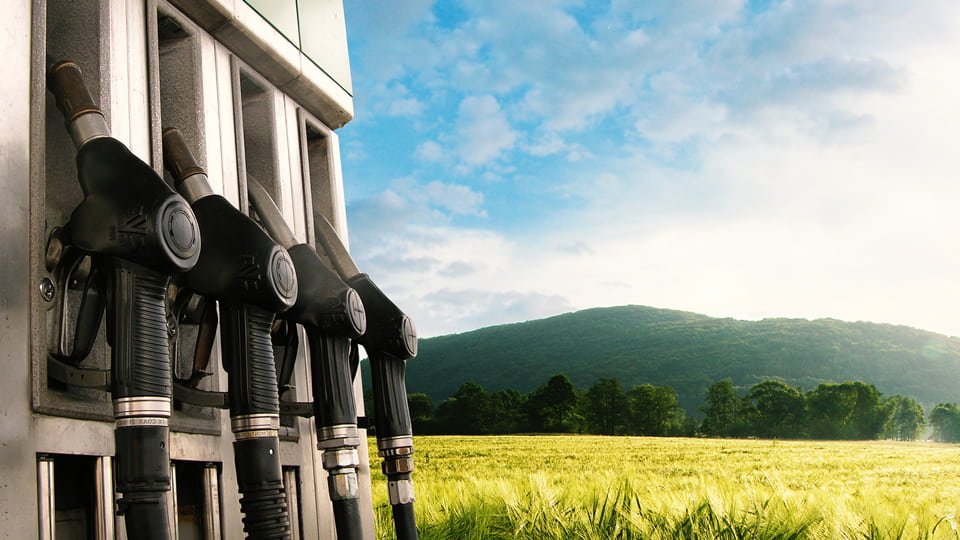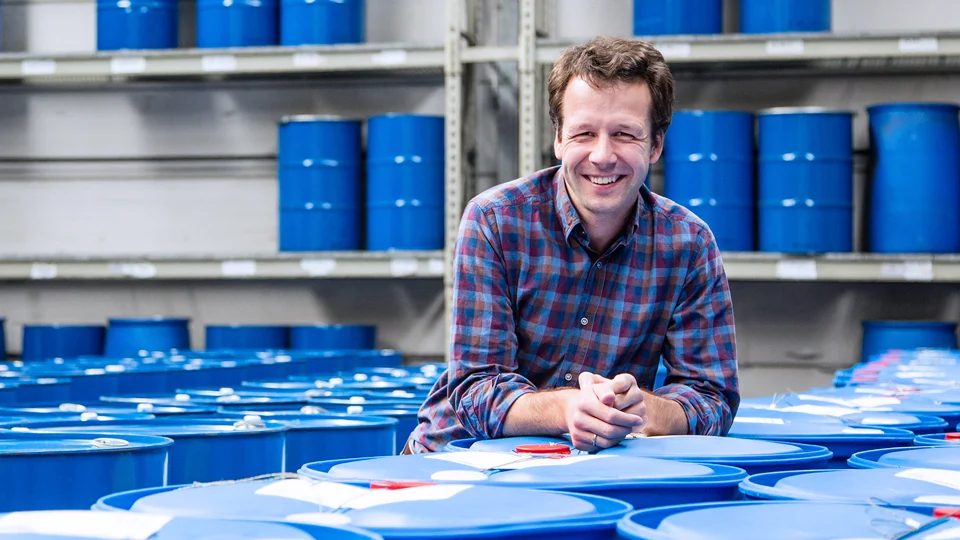There’s a lot happening in Bremen’s Kalihafen (Port): A large-scale investment in port infrastructure is bringing improvements that strengthen the entire location. WESER-PETROL, a subsidiary of the DS Group, is also benefiting from this measure. For the company, the focus is particularly on the new dolphins1) and the deepened harbor basin. These will allow larger tankers with a draft of up to 10.5 meters to dock directly in the future. This brings considerable advantages for logistics, reduces costs, and increases competitiveness.
Strong Partner in Energy Supply
WESER-PETROL operates a seaport tank farm in the Kalihafen and is a central player in the region’s energy supply. The company offers storage capacities for mineral oil products and biofuels at four locations. The close connection to international wholesale trade makes the location on Waterbergstraße an important hub for the import and storage of mineral oil products and biofuels.

4 locations
in Northern Germany

322,000 cubic meters
tank space for fuel storage
Our task is to make the location future-proof in order to remain competitive in an increasingly challenging market.
Sebastian Sira, Managing Director WESER-PETROL
Sira explains the current challenges of the location: “At the moment, we are reaching our limits with the water depth. We cannot dock large ships directly, as they can only be unloaded partially (lightened) at the Kalihafen location. This costs our customers time and money. With the new dolphins and the deepened basin, we will be able to handle larger tankers for our customers in the future, which can navigate the part of Bremen’s port behind the lock. This greatly increases our efficiency and simultaneously reduces CO₂ emissions, as fewer transports with smaller ships are necessary.”
The surrounding companies will benefit most from the new 230-meter-long heavy-duty quay, Sira explains. For WESER-PETROL and its main customer DS-Mineralöl, however, the main advantage lies in the deepened harbor basin, which allows customers to take advantage of economies of scale.
Looking at future competitiveness, Sira emphasizes: “This investment allows us to catch up with other port locations, especially on the coast. This not only secures our position but also strengthens the region’s energy supply in the long term. Whether fossil fuels, biogenic products, or synthetic fuels – we can efficiently handle all products in the future.”
Significance for Bremen as a Business Location
At the end of 2024, the construction of the new quay in the Potash Port began with the “first pile driving” as a symbolic start for the project. Kristina Vogt, Senator for Economy, Ports and Transformation, emphasized the outstanding importance of the construction project as a clear signal for the economic significance of the industrial port and especially the Potash Port for Bremen.
The Senator further emphasized the importance of close cooperation between the city and the economy, which had recognized the potential of the industrial and Potash Port and was actively contributing to securing the future of this important location.
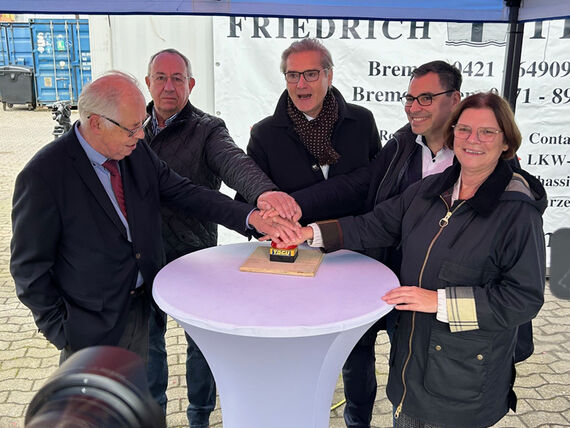
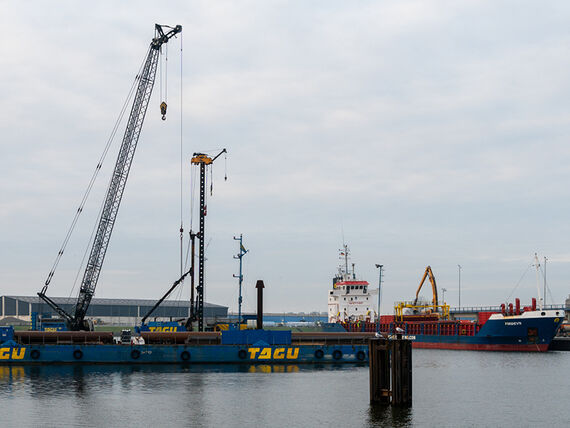
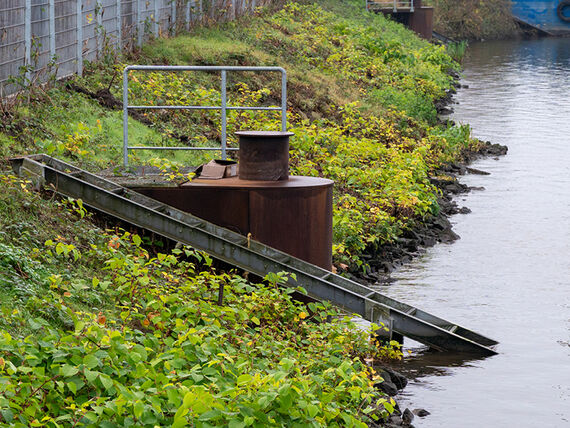
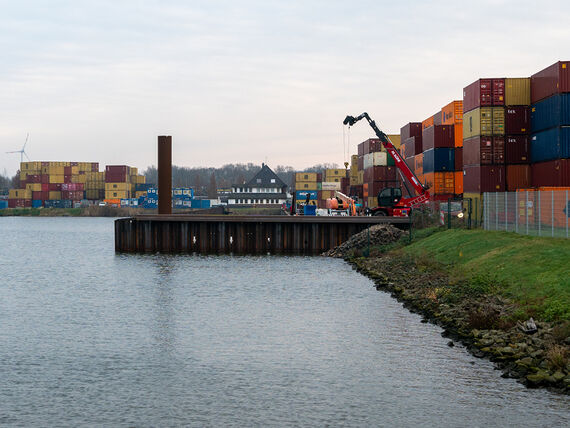
With the completion of the construction measures, which are planned for the end of 2025, the Kalihafen will become a future-proof hub for logistics and energy supply, not only for WESER-PETROL but for the entire Bremen business location.
